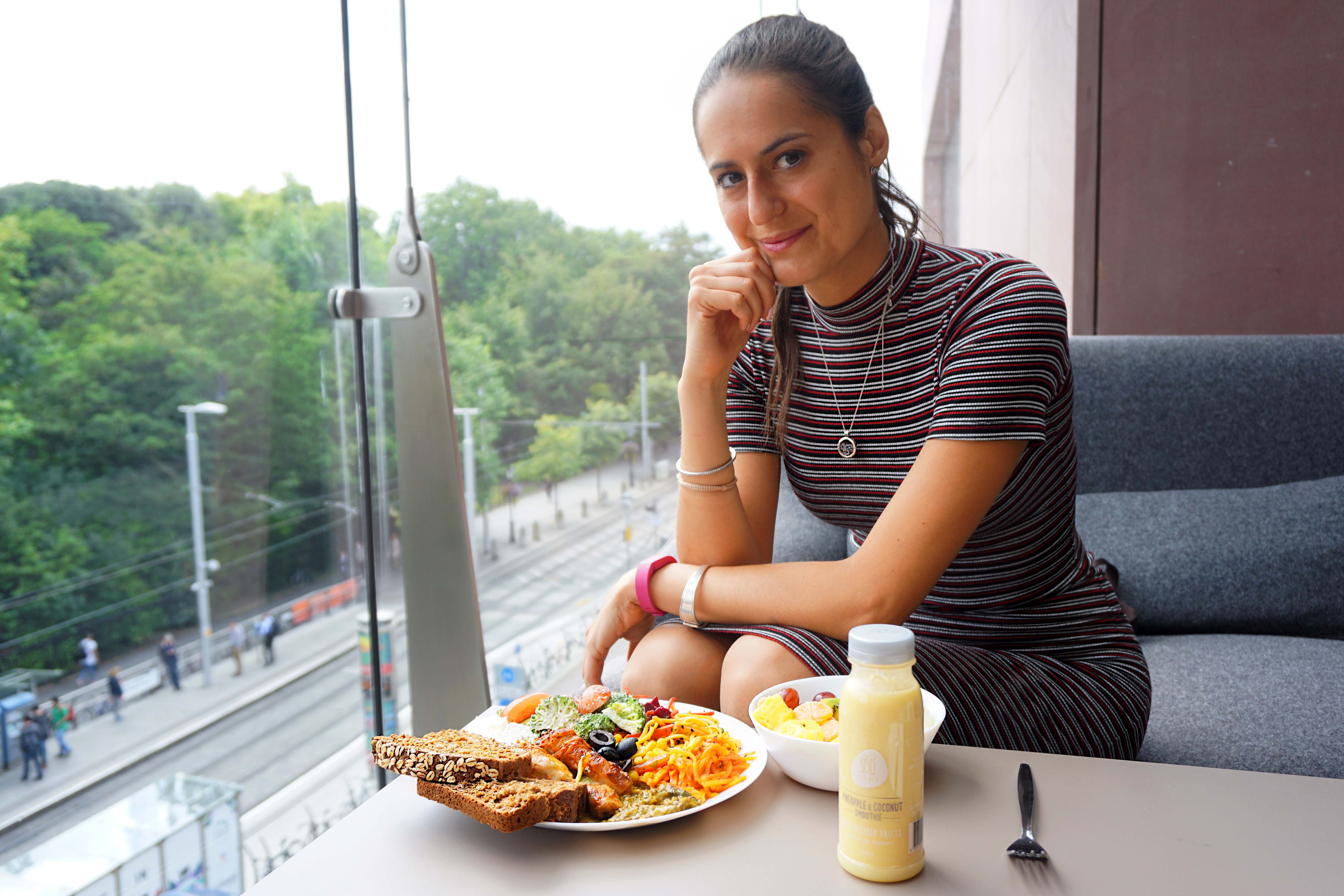EAT FOR HEALTH
Choose dense nutrients, high in vitamins and minerals and foods that are low in fat, such as most fruits and vegetables. Avoid or at least reduce your intake of processed products like processed red meat and all packaged food.
LEARN THE DEFINITION OF “DIET”
Diet does not mean following a strict plan, NO!
Diet is to learn to eat healthy for the long-term without removing any type of food, unless it is for personal reasons or illness.
EAT HEALTHY CARBOHYDRATES
Eat complex carbohydrate foods (peas, beans, whole grains, and vegetables.) These are more filling and satisfying and they provide a great source of energy for active people as these carbs are turned to glucose (blood sugar) in the body and are used as energy.
AVOID HIGH FAT FILLINGS AND TOPPINGS
Fat makes food more palatable and tasty so a good option is essential. Consider alternatives, i.e. use skimmed milk in milkshakes and sauces, choose tomato-based sauces instead of cheesy ones on pasta; top jacket potatoes with baked beans, have tuna without mayonnaise or strawberries with yogurt instead of cream – the possibilities are endless.

EAT REGULARLY
Try to eat each and every 3-4 hours, it will be possible by adding snacks in between the main meals. Adopt a grazing approach to eating. Eat smaller more frequent meals and snacks to maintain energy levels, this way you will avoid eating double in the next meal.
ALWAYS HAVE BREAKFAST
A good breakfast aids mental concentration, balance and coordination. If you can’t face solid food, have a quick fruit or something very nutritious to keep the energy up or try a drink instead.
MAKE SMALL GRADUAL CHANGES
Set one goal until you reach it and keep it as a routine, then you will be able to add a second goal. Set more goals only when the previous one has been achieved. Too many changes at once can increase your failure rate.
THINK OF YOUR FUTURE WHILE LEAVING A BETTER PRESENT
Improving your quality of life is not easy, but thinking ahead and imagining how much better you will feel and how much longer you will live by creating healthy habits NOW, should be a jump up for you to incorporate NEW routines in your daily basis.

MAKE TIME TO EAT
Plan, shop and cook accordingly. You do not need to be a sporty elite or a bodybuilder to be aware what you give to your most valuable thing you have and that always will be with you – your body! Plan in advance to ensure that your diet meets your needs. Try to eat without destructions, you will have a more enjoyable meal and as a social event with friends to make it more dynamic.
EAT WITHIN 2 HOURS OF YOUR WORKOUT
This is the time when your muscle needs to be recovered and protein is best to refuel muscle energy stores (glycogen).
MAINTAIN HYDRATION LEVELS
As you probably know… how many litres of water you should drink daily? More than 2L, yes! Active people often need more than this amount. But how? As water is not something enjoyable… And for some people like my mum, it is hard to drink something without flavour.
A quick tip! Drink a glass of water once you wake up, before each meal and along with snacks, this will make you avoid eating more than you need and keep you hydrated with at least 1.5L per day.
